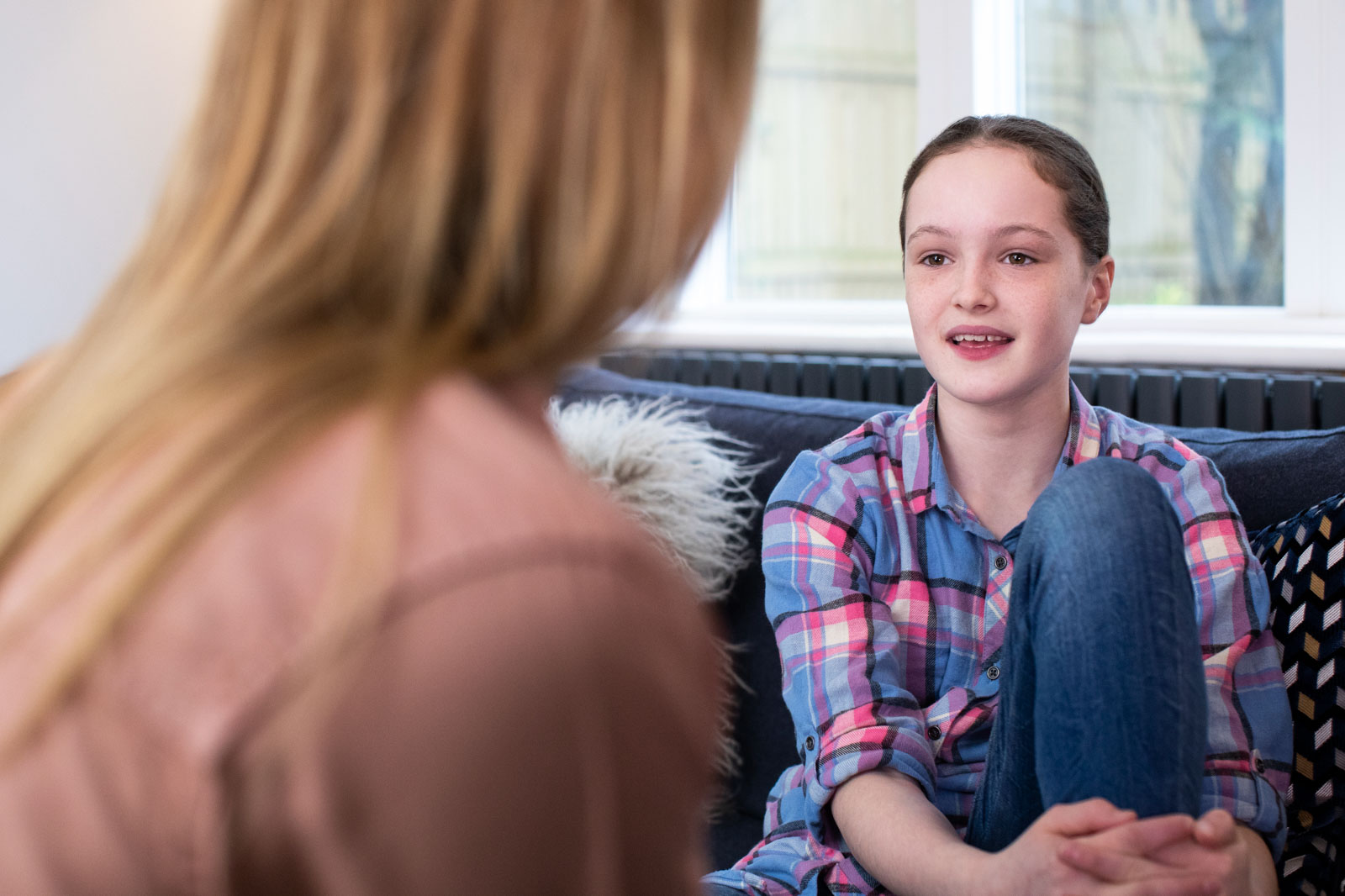
Collaborative family law
Working cooperatively for constructive outcomes
Putting separating couples in the driving seat
Ensuring that children’s welfare is paramount during divorce and separation can be achieved by Alternative Dispute Resolution – alternative routes to litigating in court. They give divorcing couples and parents a platform of cooperation to achieve the best possible outcomes. In the same way as mediation, collaborative family law puts separating parents in the driving seat, enabling them to achieve a dignified solution in a confidential environment and retaining control of decisions which will affect their future. Before embarking on either process it is important that both parties are committed to achieving results in non-confrontational manner.

What is collaborative family law?
Collaborative Family Law enables separating couples to commit not to go to court and instead to work together with specially trained lawyers to make their own decisions about the future. The process is entirely confidential and puts children’s best interests first.
Each person appoints their own collaboratively trained lawyer and, in a series of meetings, the couple and their lawyers work together to identify, address and resolve the issues between them. Accountants, independent financial advisers or other experts can also attend the sessions if required, providing useful advice and information on a neutral basis which can be key to finding agreed outcomes.
What is the difference between mediation and collaborative family law?
In mediation, family mediators are neutral – they cannot give advice to either party as their role is solely to facilitate discussions. This differs from collaborative family lawyers who can advise those they represent at the same time as conducting the negotiation. Collaborative lawyers sign up to an agreement not to go to court, which provides a really positive investment in the process for the whole team.


What are the benefits of collaborative family law?
Collaborative family law shares many of the same benefits as mediation. Aimed at generating a spirit of cooperation and compromise, the sessions are also held in a confidential and safe environment where you and your spouse/partner can work at your own pace to reach the best solutions.
Putting you in control, it is a more cost effective and faster process which can lessen the emotional impact of divorce and separation on children.

How Jones Myers can help
Our collaborative family law experts include Jones Myers Partner, Nicki Mitchell, who qualified as York’s first collaborative family lawyer in 2006. Nicki is described by the Legal 500 as “A collaborative lawyer who has a genuine interest in helping clients and is excellent in her communication skills and has a natural empathy towards clients who are experiencing an often difficult and contentious period in their lives.”
At Jones Myers Family Law, we can provide you with support and legal advice to help you prepare for the collaborative family law process and work towards achieving your desired outcomes.
